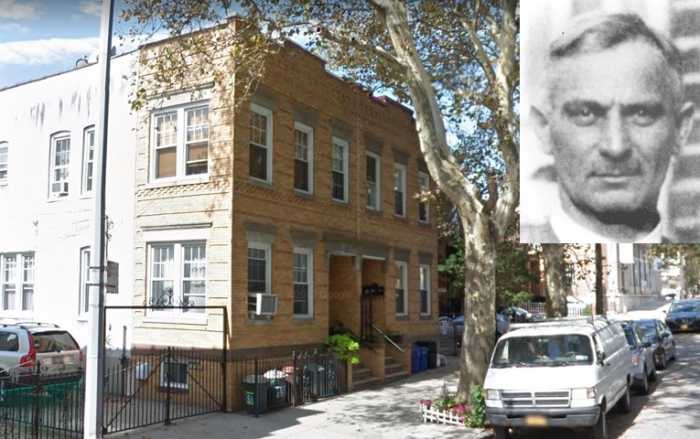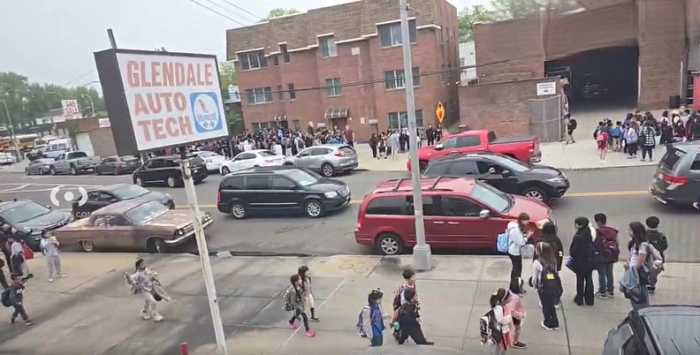As the COVID-19 pandemic began its deadly spread through Queens in mid-March, Councilman Robert Holden called on the city to close the controversial shelter for homeless men on Cooper Avenue in Glendale.
The living situation inside the 200-bed shelter, with dormitories consisting of up to 12 men, was not at all “conducive with the guidelines being set forth by health professionals to stop the spread of coronavirus,” Holden said at the time.
Two month later, the Department of Homeless Services, which is overseen by the Department of Social Services, is planning to move residents out of what they call the Cooper Rapid Rehousing Center into commercial hotels rooms, although the agency could not confirm specific locations due to the NYS Social Services Law.
“At DSS, we’re continuing to implement tired strategies and proactive initiatives to combat COVID-19, protect New Yorkers who we serve, and ensure anyone who needs it is connected immediately to care or to isolation — and the use of commercial hotels is central to this work,” DSS spokesman Isaac McGinn said. “Through these efforts, our essential staff have been able to help more than 900 New Yorkers effectively isolate, resolve their conditions, and depart isolation. At the same time, through these strategies, we have also proactively relocated and continue to proactively relocate thousands of individuals from targeted shelters to commercial hotel settings out of an abundance of caution, including seniors and single adults from larger congregate locations, who are not sick at this time.”
McGinn added that as of the weekend, approximately 10,000 shelter residents, well over half of all single adults in the system, are now residing in hotels with that number increasing to 11,000 by next week.
“Every day, we’re redoubling our efforts and evolving with this situation to ensure we’re supporting our clients in all that we do — and we continue to explore new strategies and policy responses as this situation unfolds,” McGinn said.
Holden remains skeptical of the city agency.
“This pandemic has magnified the many problems with congregate shelters that DHS Commissioner Steven Banks has ignored for far too long,” Holden said. “I called for the DHS to move the shelter residents into hotel rooms when the pandemic first broke out in March, but I have little faith that it will follow through. It is by far the least transparent agency and has been caught in too many lies already. It seems the agency would rather put lives at risk than admit its wrongdoings.”
Meanwhile, Assemblywoman Stacey Pheffer Amato, state Senator Joseph Addabbo, and Councilman Eric Ulrich announced in a joint statement that DHS is temporarily moving the residents of the 113-bed Laurel Hill Shelter, located at 85-15 101st Ave. in Ozone Park to another location.
“We believe this is the right decision as a part of their citywide efforts to reduce density in their shelters,” they said. “This is a sensible policy that will help maintain social distancing and slow the spread of COVID-19 among both the shelter and non-shelter population by providing them with individual rooms. We will continue to work in the best interests of all our constituents to address concerns surrounding the shelter.”






































